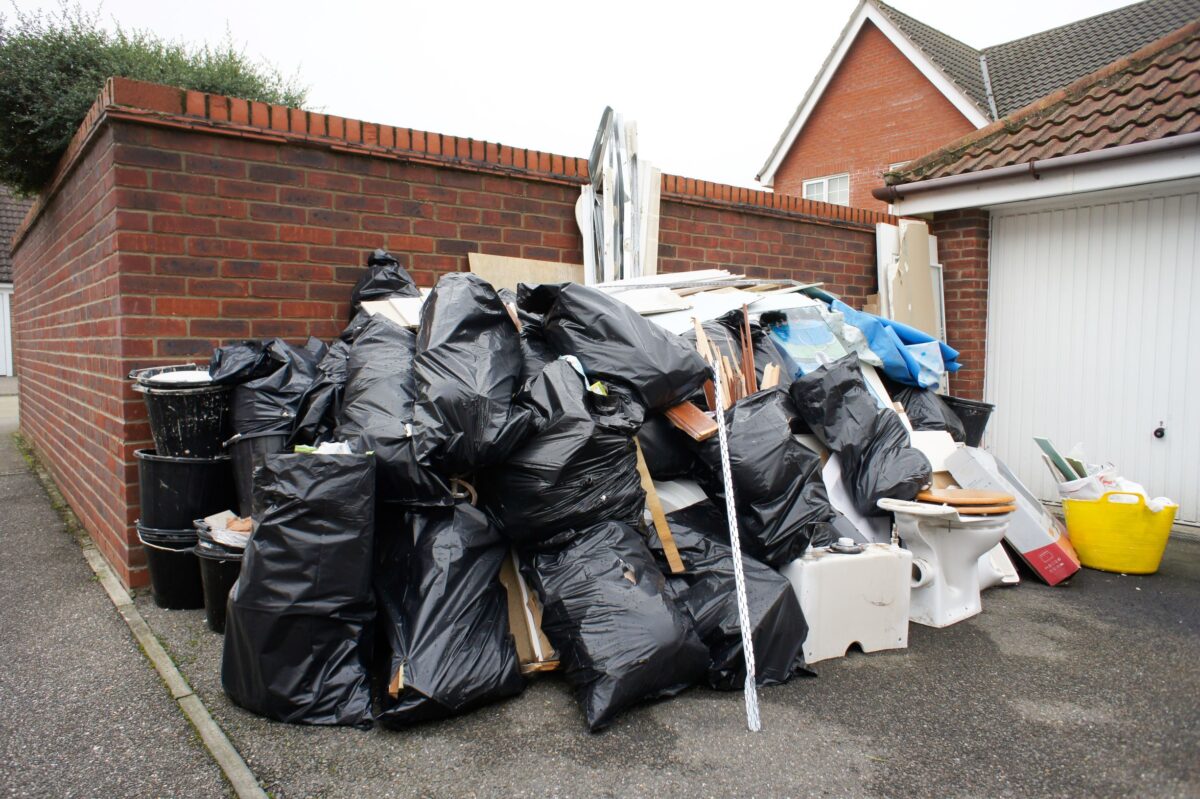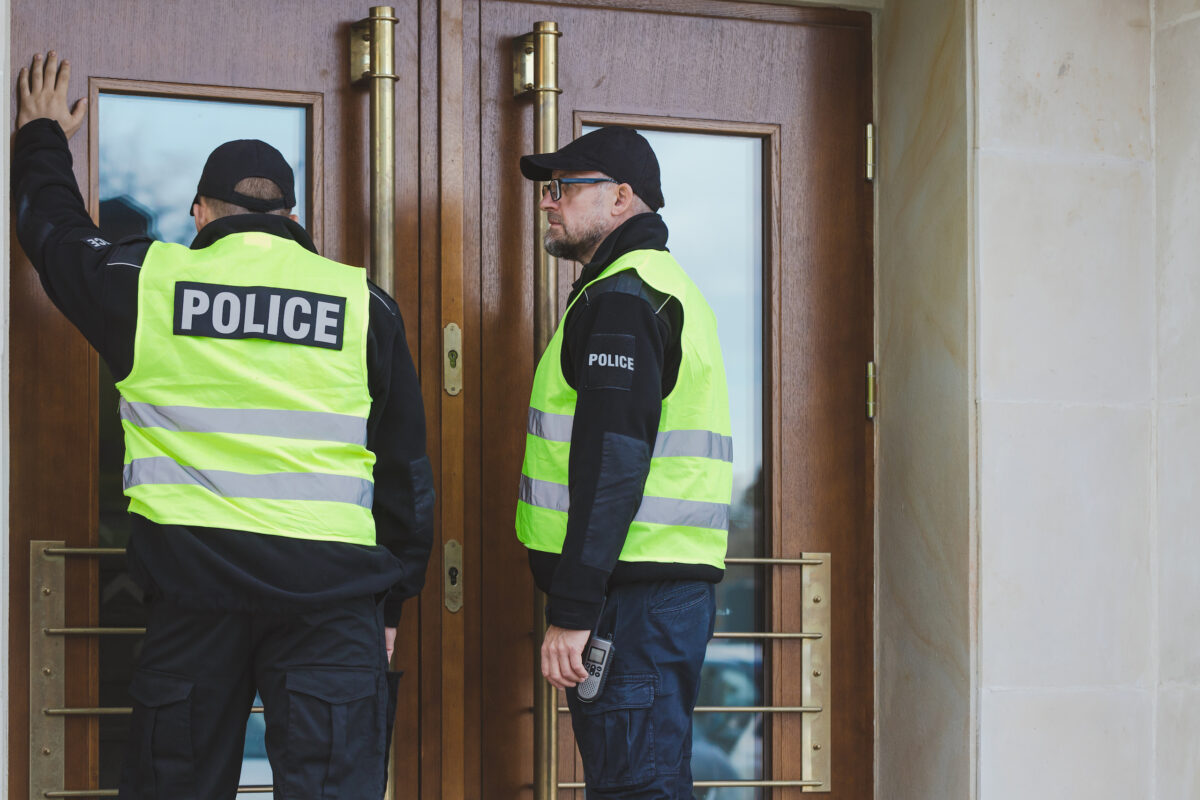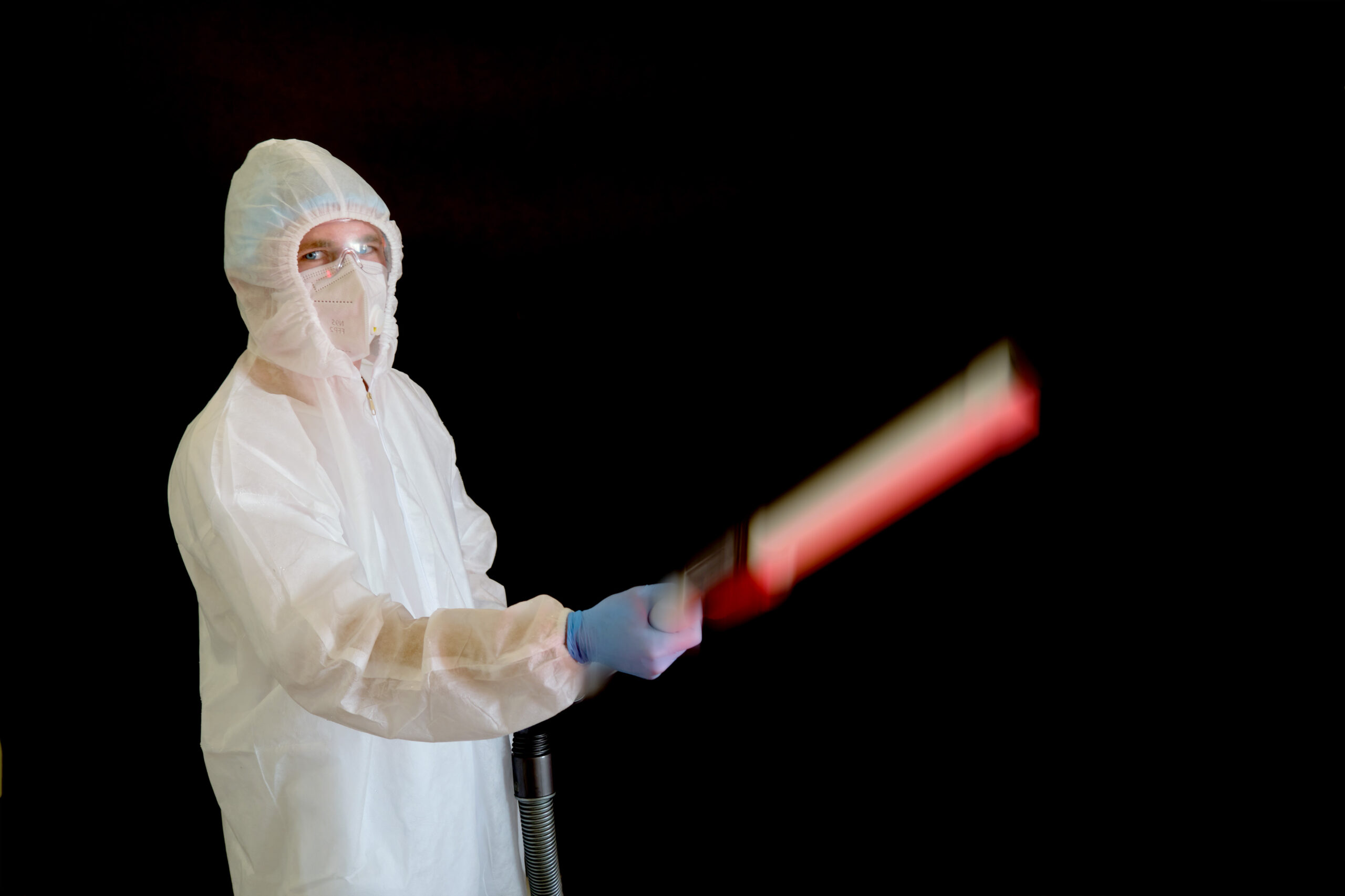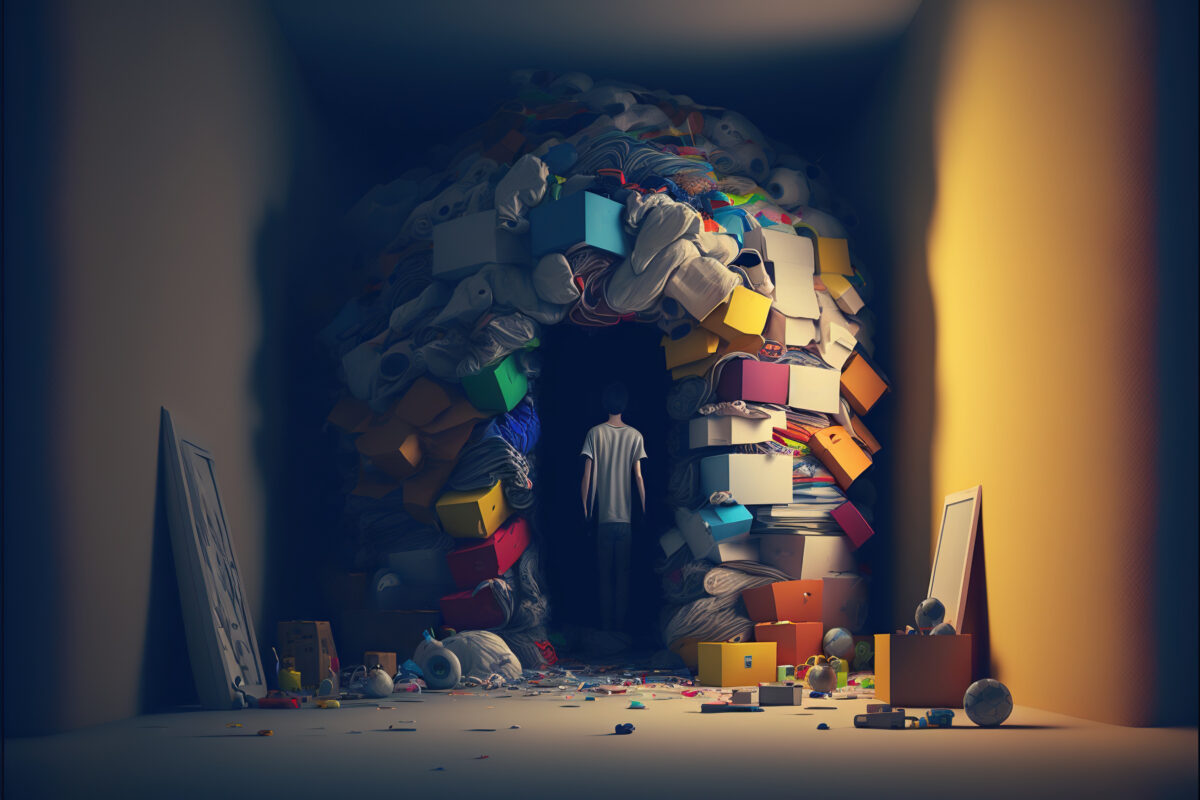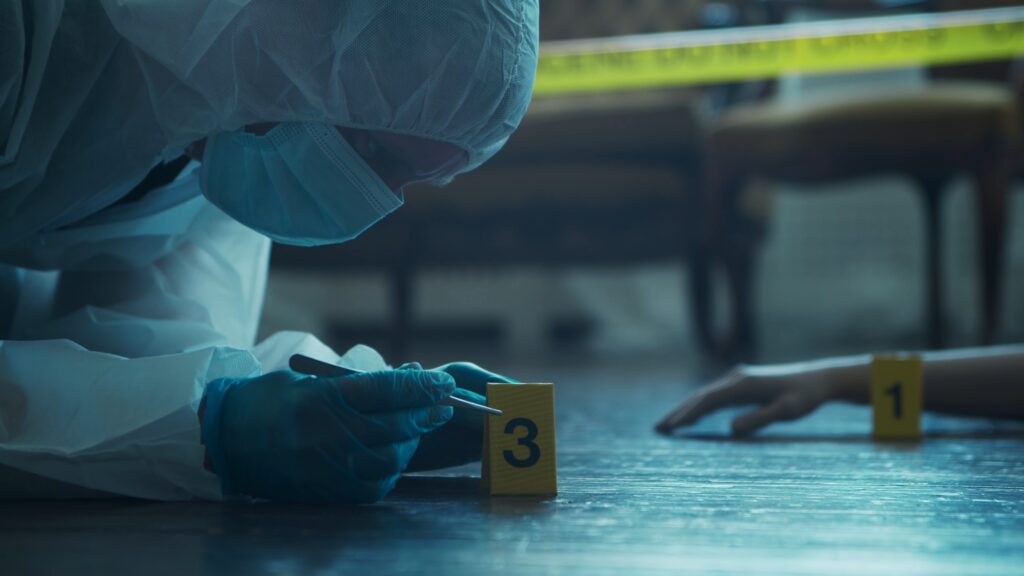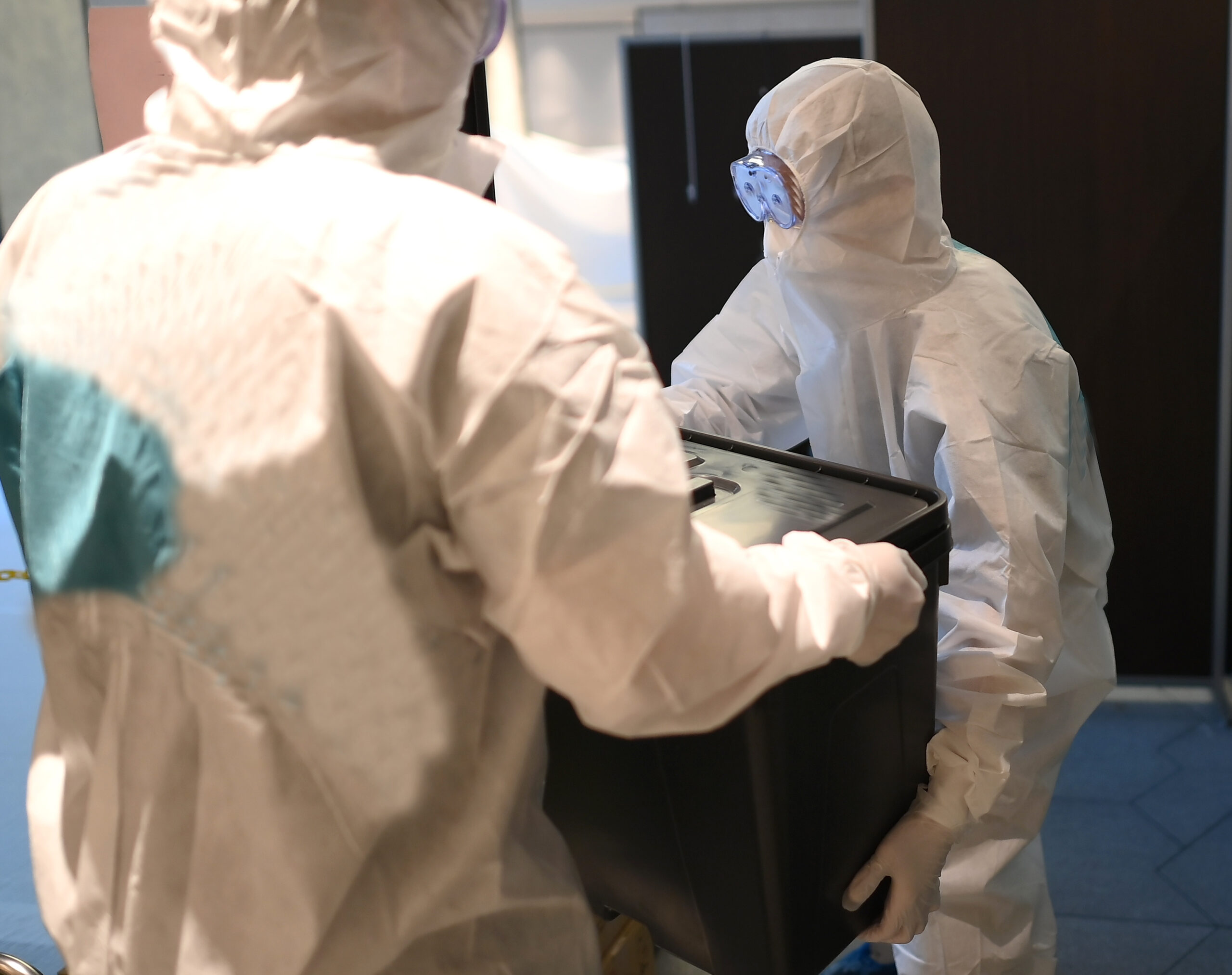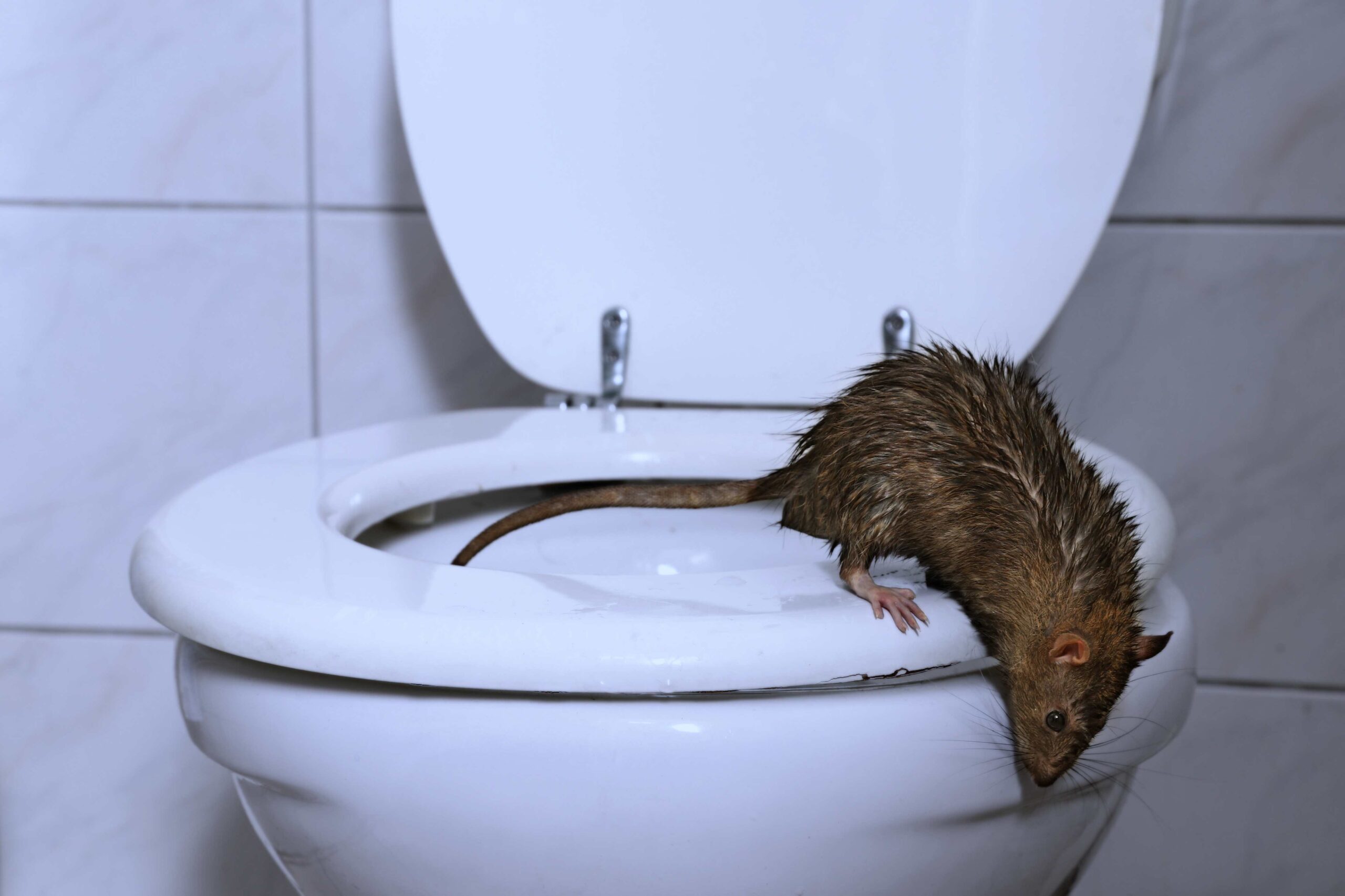Las Vegas is a vibrant and bustling city known for its entertainment, casinos, and lively atmosphere. However, the residents of Las Vegas face the universal experiences of loss and grief. Fortunately, this resilient city offers a variety of grief services and support networks to help individuals navigate the challenging journey of grief.
Often when people call us to help it’s in some tough times. We want to make sure we help beyond just cleaning and remediating the space. In this blog we wanted to explore the grief services available in Las Vegas, highlighting the compassionate organizations and resources dedicated to providing solace and healing during times of loss.
Grief Counseling and Support Groups
Grief counseling and support groups play a vital role in providing emotional support, guidance, and a safe space for individuals experiencing grief. In Las Vegas, numerous organizations offer counseling services, both individual and group-based, tailored to meet the diverse needs of the community. Some well-established organizations include the following:
The Center for Compassionate Care
This center provides individual counseling, support groups, and educational workshops to individuals of all ages coping with grief and loss. They offer specialized programs for children, teenagers, and adults, ensuring that each age group receives appropriate care and support.
Solace Tree offers grief support groups for children, teenagers, and adults. Their compassionate facilitators create a nurturing environment for participants to share their experiences, process emotions, and gain coping strategies to navigate the grieving process.
As a leading provider of hospice care, Nathan Adelson Hospice extends their services beyond end-of-life care. They offer bereavement support to individuals who have lost a loved one, providing counseling and support groups facilitated by licensed professionals.
Faith-Based Grief Support
Faith communities in Las Vegas recognize the importance of providing support to their members during times of loss. Many religious organizations offer grief support groups, counseling, and pastoral care to their congregations and the wider community. These faith-based services provide spiritual comfort and guidance, incorporating religious rituals and traditions into the grieving process.
Bereavement Programs for Children and Teens
The loss of a loved one can be particularly challenging for children and teenagers. Las Vegas understands the unique needs of young individuals coping with grief and offers specialized bereavement programs to support them. Notable organizations include:
Grant a Gift Autism Foundation
This foundation provides grief counseling and support to children and teenagers with autism who have experienced the loss of a loved one. Their programs focus on addressing the specific needs and challenges faced by individuals on the autism spectrum.
Children’s Bereavement Center
This center offers age-appropriate grief support groups, counseling, and expressive therapies for children and teenagers. Through creative activities and peer support, participants are encouraged to express their emotions and develop coping skills.
Online Resources and Helplines
In addition to in-person support, several online resources and helplines are available for those seeking immediate assistance or information. These resources include:
The Good Grief Center for Bereavement Support: This website offers a wide range of resources, including articles, books, and links to local support groups in Las Vegas. They provide valuable information on coping with grief and offer suggestions for self-care during the grieving process.
National Suicide Prevention Lifeline: The lifeline provides 24/7, confidential support to individuals experiencing suicidal thoughts or struggling with grief. The trained counselors offer empathetic listening, crisis intervention, and referrals to local resources.
Grief is a universal experience, and in Las Vegas, numerous organizations and resources are dedicated to providing support, compassion, and healing to those navigating the complexities of grief. Through grief counseling, support groups, faith-based services, specialized programs for children and teenagers, and online resources, the residents of Las Vegas can find solace, understanding, and community during their journey of healing.
If you or someone you know is in need of grief support, don’t hesitate to reach out to these invaluable services. Remember, healing takes time, and reaching out for support is a courageous step towards finding comfort and resilience in the face of loss. Together, you can get through this.


